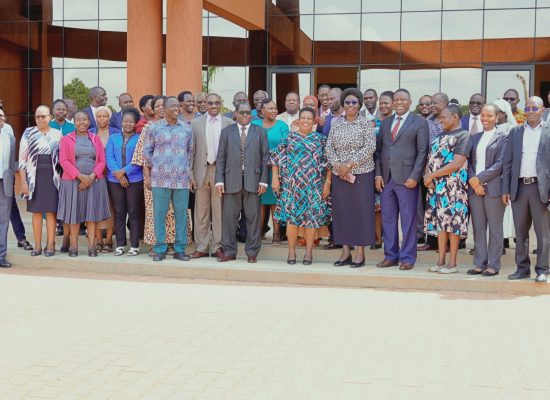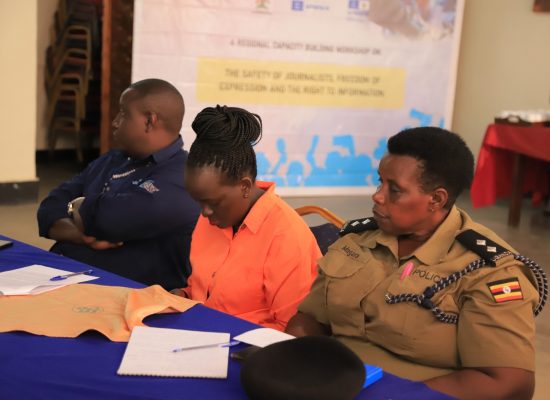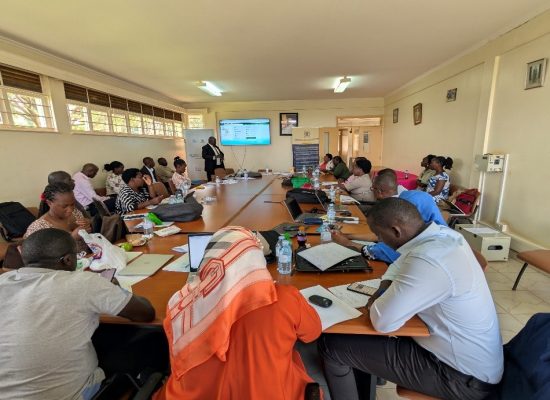By virtue of Uganda’s membership to the United Nations, Uganda became eligible to the membership of UNESCO and indeed, became a member of United Nations Educational, Scientific and Cultural Organisation (UNESCO) on the 9th November 1962. In September 1963, Uganda, pursuant to Article VII of the UNESCO Constitution established a National Commission as a quasi-autonomous institution under the Ministry of Education and Sports to serve as the official agency linking Uganda to UNESCO and its agencies, and to ensure permanent presence of UNESCO and the implementation of UNESCO’s activities and programmes in Uganda. It also serves as a secretariat for Islamic World Educational Scientific and Cultural Organisation (ICESCO).
UNESCO
ICESCO
Our Vision
A learning, cultured, informed and peaceful nation
Our Mission
To provide intellectual leadership, influence policies and actions in Education, Sciences, Culture and Communication and Information for peace and sustainable development.
Our Mandate
To contribute to the attainment of Peace, Justice, Respect for Human Rights, Freedom and Security in Uganda through Education, Sciences, Culture, Communication & Information.
Latest News
Uganda Hosts National LEAD-ESD Policy Dialogue and Workshop to Advance Sustainable Development Through Education
Uganda reaffirmed its commitment to transforming education for a sustainable future by convening a high-level Leadership for Education for Sustainable Development (LEAD-ESD) Policy Dialogue and […]
Law Enforcement Officers and journalists Trained on Journalist Safety, Freedom of Expression, and Access to Information
The Uganda National Commission for UNESCO (UNATCOM), in partnership with UNESCO has successfully concluded a series of regional training workshops aimed at strengthening the legal […]
Enhancing access to Educational Information: Ministry of Education and Sports (MoES) staff trained to maximize use of the Virtual Information Centre (VIC)
In a significant step toward advancing digital transformation in Uganda’s education sector, the Ministry of Education and Sports (MoES), with support from the Uganda National […]











